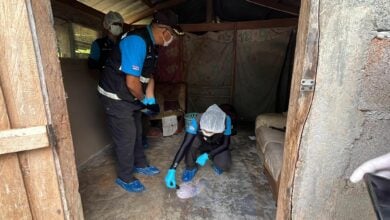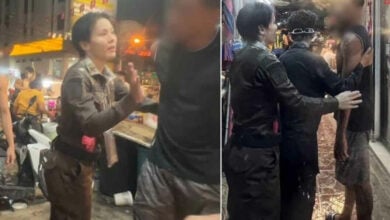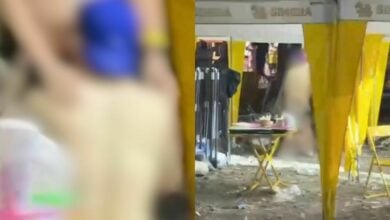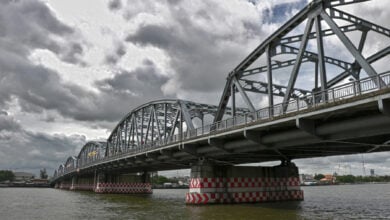Makha Bucha Day – Why does Thailand have a public holiday?
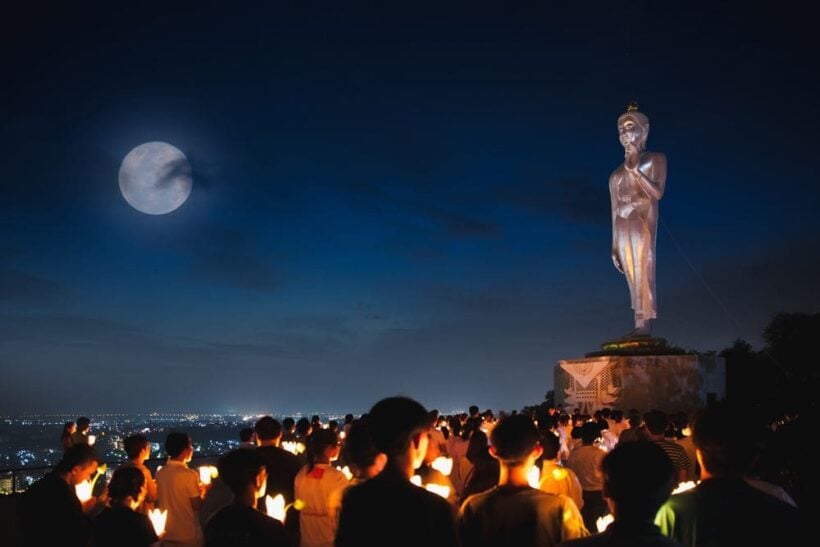
For Thai buddhists the day is a day of reflection and visits to the temple. For many others it’s a day of alcohol abstinence. In fact there is always a 24 hour alcohol ban imposed on the day, from midnight to midnight.
Buddhist commemorations make up a number of the public holidays on the Thai calendar, among them is Makha Bucha Day. The Buddhist calendar traditionally uses dates based on the movement of the moon, and the third lunar month is known in Thai as ‘makha’. The term ‘makha’ comes from the word ‘Magha’ in Pali, the sacred language of the religious texts of the Theravada strand of Buddhism most widely practised in Thailand. ‘Bucha’ is a Thai word – once again deriving from the Pali language, means ‘to venerate’ or ‘to honour’.
So Makha Bucha is taken to refer to a day intended for honouring the third lunar month and, in particular, the Buddha and the teachings that he delivered on the full moon day of the fourth lunar month.
Makha Bucha Day is celebrated in other countries including Cambodia, Laos, Sri Lanka, and Myanmar. It first came to be celebrated in modern-day Thailand during the reign of King Rama IV, first observed only in the grounds of the royal palace and later becoming more widely recognised nationally and finally introduced as a Thai public holiday.
But the origins of Makha Bucha Day itself lies much further back, 45 years before the beginning of the Buddhist era and nine months after the Buddha is said to have achieved enlightenment. Then, on the full moon day of the third lunar month (now known as Makha Bucha Day), Buddhists believe that a meeting between the Buddha and his disciplines became a momentous and historic occasion.
Including the fact that it already fell on the auspicious occasion of a full moon, the meeting is said to have taken on four remarkable characteristics that are still recounted in Buddhist teaching today. These four elements to the gathering have also given Makha Bucha Day its nickname of the Fourfold Assembly Day.
Although Thailand has no official state religion, Theravada Buddhism is by far the majority faith observed by the Thai population, and so significant Buddhist occasions like Makha Bucha Day loom heavy in the Thai consciousness and figure prominently on the country’s calendar. Makha Bucha Day is a public holiday across Thailand, and the occasion is observed in a number of way by lay Buddhists in local communities.
As is common on all manner of Buddhist holidays in Thailand, it is common for Thai Buddhists to visit their local temple to make merit on Makha Bucha Day. While at the temple, they might also listen to Buddhist teachings, give alms to monks, recite Buddhist scriptures, and participate in the evening candlelight processions around the ordination hall that are held by many temples.
If you want to get your own insight into local celebrations of Makha Bucha Day in Thailand, simply stop by the local temple closest to wherever you are staying in Bangkok or elsewhere. Most will be happy to welcome inquisitive foreigners and to let you observe, or even participate, in processions and other activities to mark the holiday.
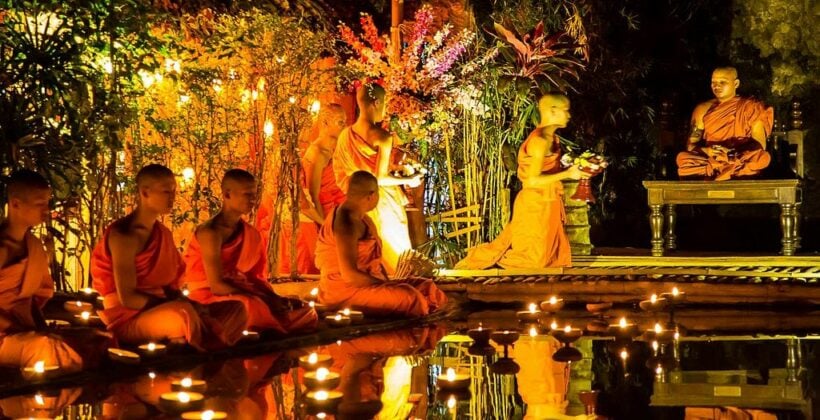
Join the conversation and have your say on Thailand news published on The Thaiger.
Thaiger Talk is our new Thaiger Community where you can join the discussion on everything happening in Thailand right now.
Please note that articles are not posted to the forum instantly and can take up to 20 min before being visible. Click for more information and the Thaiger Talk Guidelines.
Leave a Reply
You must be logged in to post a comment.




